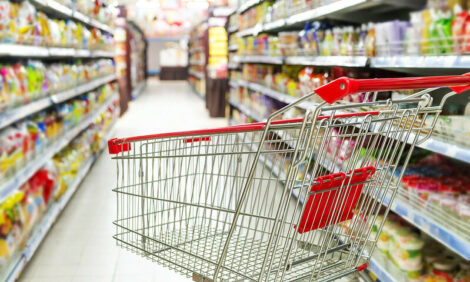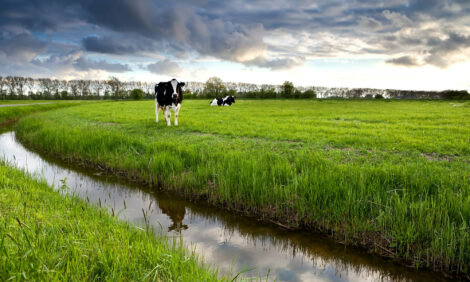



EU chief lands in South America to seal trade deal
EU Commission chief hopes to conclude Mercosur trade dealEuropean Commission President Ursula von der Leyen landed in Uruguay on Thursday seeking to finalise a long-delayed trade deal between the European Union and South America's Mercosur bloc, even as France slammed the agreement as "unacceptable", reported Reuters.
Von der Leyen arrived hours after President Emmanuel Macron's government collapsed following a no-confidence vote in parliament over efforts to rein in France's budget deficit, leaving Macron scrambling to name a new prime minister.
The deal, 20 years in the making and deeply divisive in Europe where farmers and Paris have been the loudest voice in opposition, would create one of the world's largest trade partnerships and turbocharge the flow of beef and grains.
"The finish line of the EU-Mercosur agreement is in sight. Let's work, let's cross it. The largest trade and investment partnership the world has ever seen. Both regions will benefit," von der Leyen said in a post on X.
Mercosur, including farming powerhouses Brazil, Argentina, Uruguay and Paraguay, is meeting for a planned summit in Montevideo, with negotiators now expecting a trade deal to be unveiled, despite several false dawns, including a 2019-signed agreement that failed to get ratified by nations in Europe.
Four South American and European sources involved in the talks said the deal was done and would be announced on Friday by Mercosur leaders and von der Leyen now both sides had ironed out final details on environmental issues and government purchases.
"A text of common agreement has been reached," Uruguayan foreign minister Omar Paganini told reporters on Thursday at the Mercosur summit in Montevideo. "The presence of von der Leyen shows the success of negotiations."
Von der Leyen, just days into her second term, does though face stern opposition at home to the deal, which would be the largest struck by the EU in terms of tariff reductions. EU countries as a whole and the European Parliament would have to approve any trade deal agreed.
European farmers have repeatedly protested against it, saying it will lead to cheap imports of South American commodities, notably beef, which is not subject to the same green and food safety standards as in the EU.
EU divided
France has been the most vociferous critic of the proposed agreement.
Though distracted by a political crisis after the collapse of Prime Minister Michel Barnier's short-lived government, Macron's office issued a statement on Thursday saying the planned EU-Mercosur deal was "unacceptable".
But other EU members such as Germany insist the EU-Mercosur deal is vital for the bloc as it looks to diversify its trade after the near-closure of the Russian market and amid discomfort about Europe's reliance on China.
"If we achieve a deal between the EU and Mercosur, it will be great news for the Union," Spain's Agriculture Minister Luis Planas said at an event in Brussels, adding it would be good for exports and show that Europe was "not shut in behind our doors".
"In the present context we cannot be defensive."
Supporters of a deal also see Mercosur as a potentially reliable source of critical minerals such as battery metal lithium, required for Europe's green transition.
South American negotiators remain optimistic that the EU will eventually give its approval and that France will not be able to rally a blocking minority.
"The EU has had a mandate to negotiate it for the last 20 years. The ratification is another process, later, they will have to work on it themselves," one of the sources said.



